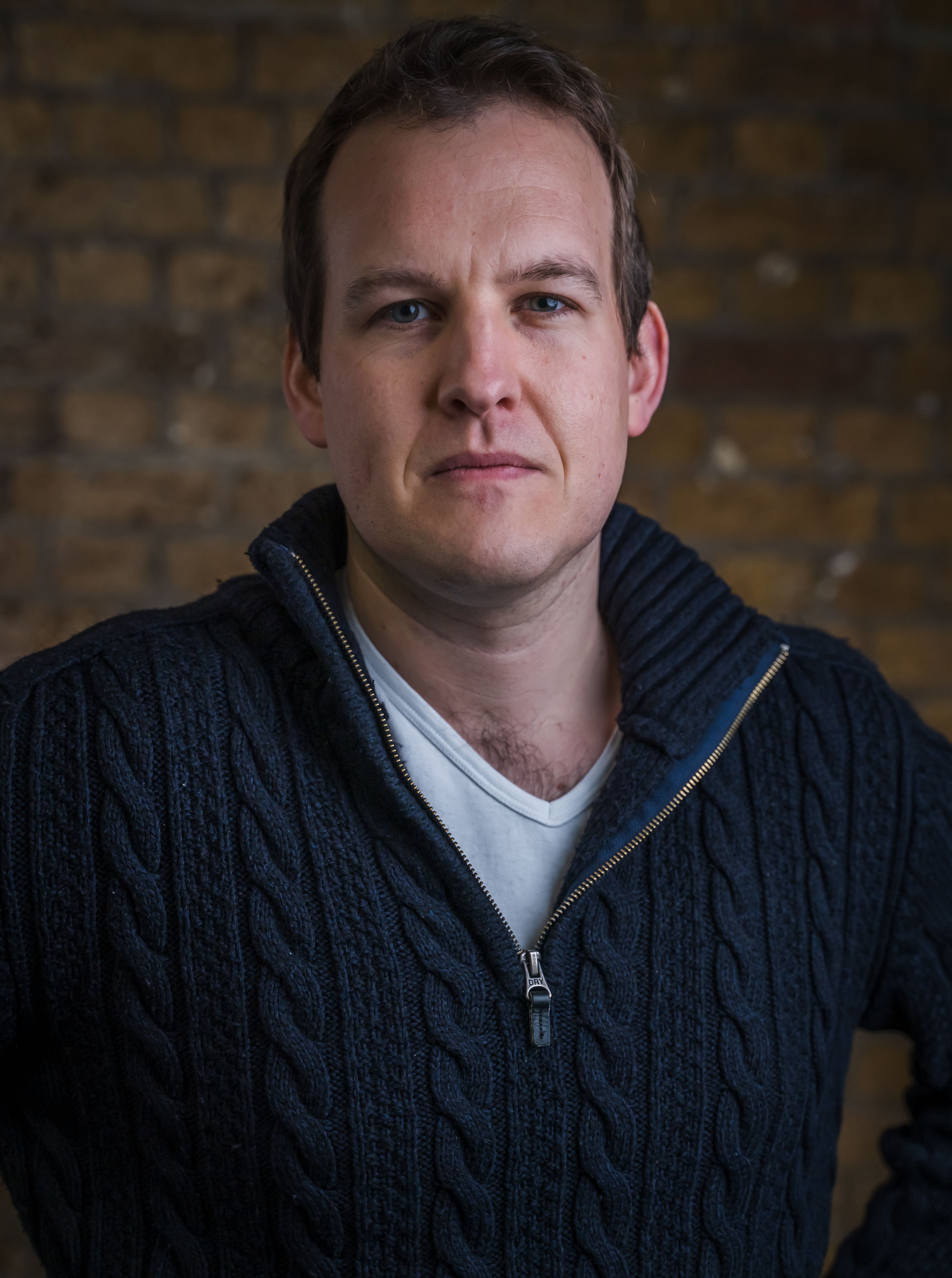Investing in talent

Fifteen years after graduating, he is co-founder and CEO of Entrepreneur First (EF), and co-founder of Code First Girls, a social enterprise providing skills and confidence for women to become future tech leaders. Matt has also recently been appointed founding chair of the new UK Advanced Research and Invention Agency (ARIA), and an adviser to the Government Chief Scientific Adviser on accelerating the development and deployment of emerging technologies in key UK growth sectors. Clare News caught up with Matt at EF’s London offices.
How did you move from studying History into the world of
technology?
After graduation I went to the other Cambridge, to MIT as a Kennedy Scholar for a Master’s in Political Science. It was a huge academic pivot for me as I had been an historian at Clare and I became an applied statistician at MIT. It gave me a really deep conviction that technology was going to be the main factor in what I wanted to do over the next couple of decades; being in the mix around the application and policy sides of technology was what really excited me.
What gave you the idea for Entrepreneur First?
After MIT, I returned to London and worked for McKinsey. It was a very formative experience. I learned a lot, but it felt like you were always several stages away from the action. So this idea formed in my head: what would the world look like if the most ambitious people in the UK didn’t become investment bankers and corporate lawyers and management consultants but actually built things – products and services that people actually wanted?
What is your mission?
We started EF to normalise the idea that the world is missing out on some of its best entrepreneurs, its best founders, and the way to move the needle is to say to people directly, right at the start of their careers, maybe you should try this. We call ourselves a talent investor. Our job is to find individuals who could be great entrepreneurs, sometimes even before they realise it.
How do you identify potential entrepreneurs?
It’s all about building very deep and authentic relationships with extraordinarily talented people. We employ 120 people of whom more than half work on talent search. Twice a year, in five cities around the world, we recruit cohorts of 50 to 100 people, often straight out of university, and for a three-month period we pay them. What we get in exchange for that payment is the option to invest if they create a company. What we’re doing during that time is helping them to find a good cofounder, test and validate an idea; hopefully at the end of it there’s something worth investing in.
Is it working?
It goes against a lot of conventional wisdom in Silicon Valley – such as don’t start a company with a stranger. But, ten years in, we have built companies worth over $10 billion. In the end, the way to measure our success is by the most important companies that come out of it. Everyone who was there at the start was very surprised that it became a viable investment business!
Tell us about your latest role as founding chair of ARIA
I’ve been interested in policy for a long time. I joined the board of Innovate UK in 2020, just before the pandemic, and around that time the government was thinking about how you really catalyse the extraordinary talent that is in UK universities. So the decision was taken to create a UK equivalent of DARPA (the US Defense
Advanced Research Projects Agency) – an organisation with extreme autonomy, with the ability to have very long time horizons, to attract really exceptional talent to pursue thesis-led research. ARIA was born and I applied to be its founding chair and to my surprise was appointed. It has £800m to deploy over the next couple of years in super high-risk, high-reward Research & Development.
What are your hopes for ARIA and the future of entrepreneurship in the UK?
Everyone knows that the really important breakthroughs are not what you can do in a single election cycle. The thing that is special about ARIA is the work that has gone into building the political compact around it – an understanding that it can’t be shut down for 10 years. ARIA has a real shot at being different. My role is to ensure that this compact holds, within and across parties and timelines and political environments. I hope ARIA can become a beacon for what can happen if you take the long-term view.
